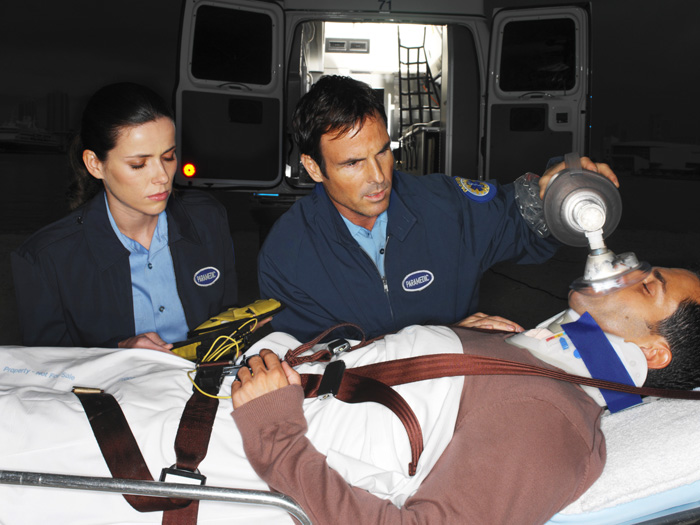Illegal Immigrant Injuries
Courts Rule on Undocumented Worker Cases

While one recent state supreme court ruling shows the challenges employers can face when providing workers’ compensation benefits to undocumented workers, another court decision reveals why employers want to provide those benefits.
Nebraska’s Supreme Court ruled on February 14, 2014, in a complex case involving a Cargill Inc. meat processing plant worker injured in 2006. He was injured when a “quarter slab of beef fell from a conveyor belt hook” onto his head, according the ruling in Visoso v. Cargill Meat Solutions.
Odilon Visoso, the worker also known as Adam Rodriguez, eventually required neck surgery, chiropractic services, physical therapy, and pain medication.
After a trial in 2008 he was awarded temporary total disability benefits. Then in 2011, Cargill petitioned to discontinue those benefits when Visoso reached maximum medical improvement.
A vocational rehabilitation counselor was appointed to assess his loss of earning capacity.
“When no credible data exists for the community [in Mexico] to which the employee has relocated, the community [in Nebraska] where the injury occurred can serve as the hub community” for purposes of determining loss of earning capacity. — Nebraska Supreme Court
Visoso, meanwhile, returned to Guerrero, Mexico and the vocational rehabilitation counselor was unable to provide the assessment because no wage data existed for the community in Mexico where Visoso lived.
A compensation court terminated Cargill’s obligation to pay temporary disability benefits and declined Visoso’s claim for permanent impairment and loss of earning capacity because he had not met a burden to prove the loss of earning capacity in Mexico.
On appeal, Nebraska’s Supreme Court ruled last year that “when no credible data exists for the community to which the employee has relocated, the community where the injury occurred can serve as the hub community.”
The court remanded the case to the worker’s compensation court so Visoso could establish his loss of earning capacity in Schuyler, Neb., where he was injured.
On remand, a compensation court judge found Visoso suffered a 45 percent loss of earning capacity.
Visoso appealed again, arguing that the compensation court judge improperly reached his decision without considered the evidence provided by a vocational rehabilitation expert retained by Visoso.
On February 14, the Supreme Court agreed that the judge failed to weigh all the evidence before reaching his conclusion.
The state’s high court, therefore, once again remanded the case. This time for the compensation court to determine whether the evidence provided by the vocational rehabilitation counselor had been rebutted by the vocational rehabilitation expert Visoso retained.
Visoso’s witness had concluded that he sustained a 100 percent loss of earning capacity, regardless of where he lived.
The case shows the legal complications that can consume employers when an undocumented worker is injured and then returns to their native country while still pursuing workers comp benefits.
A February, 13, 2014, New York Court of Appeals ruling shows, however, how employers can benefit from state laws requiring that injured undocumented workers be provided with workers’ comp benefits.
New York’s highest court essentially ruled that employers hiring undocumented workers are protected by the state’s workers’ comp law.
That case of New York Hos. Med. Ctr. Of Queens v. Microtech Contr. Corp. involved two brothers from Peru who were undocumented workers, not legally employable in the United States.
They were injured while demolishing a hospital basement for a company the hospital contracted to complete the job.
The contractor provided the injured men workers’ comp benefits, but they sued the hospital for violating labor laws. The hospital in turn sued the contractor in attempt to collect damages it incurred as a result of litigation with the brothers.
The lawsuit eventually reached the New York Court of Appeals.
It upheld a lower court finding that ruling in the hospital’s favor would effectively deny the contractor the economic protections it acquired under the state’s workers’ comp law in return for providing the brothers compensation benefits.










